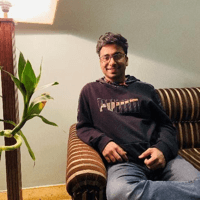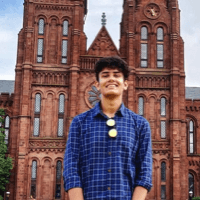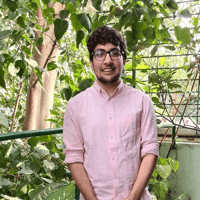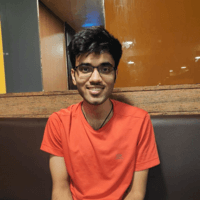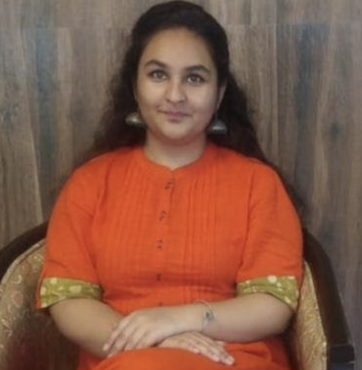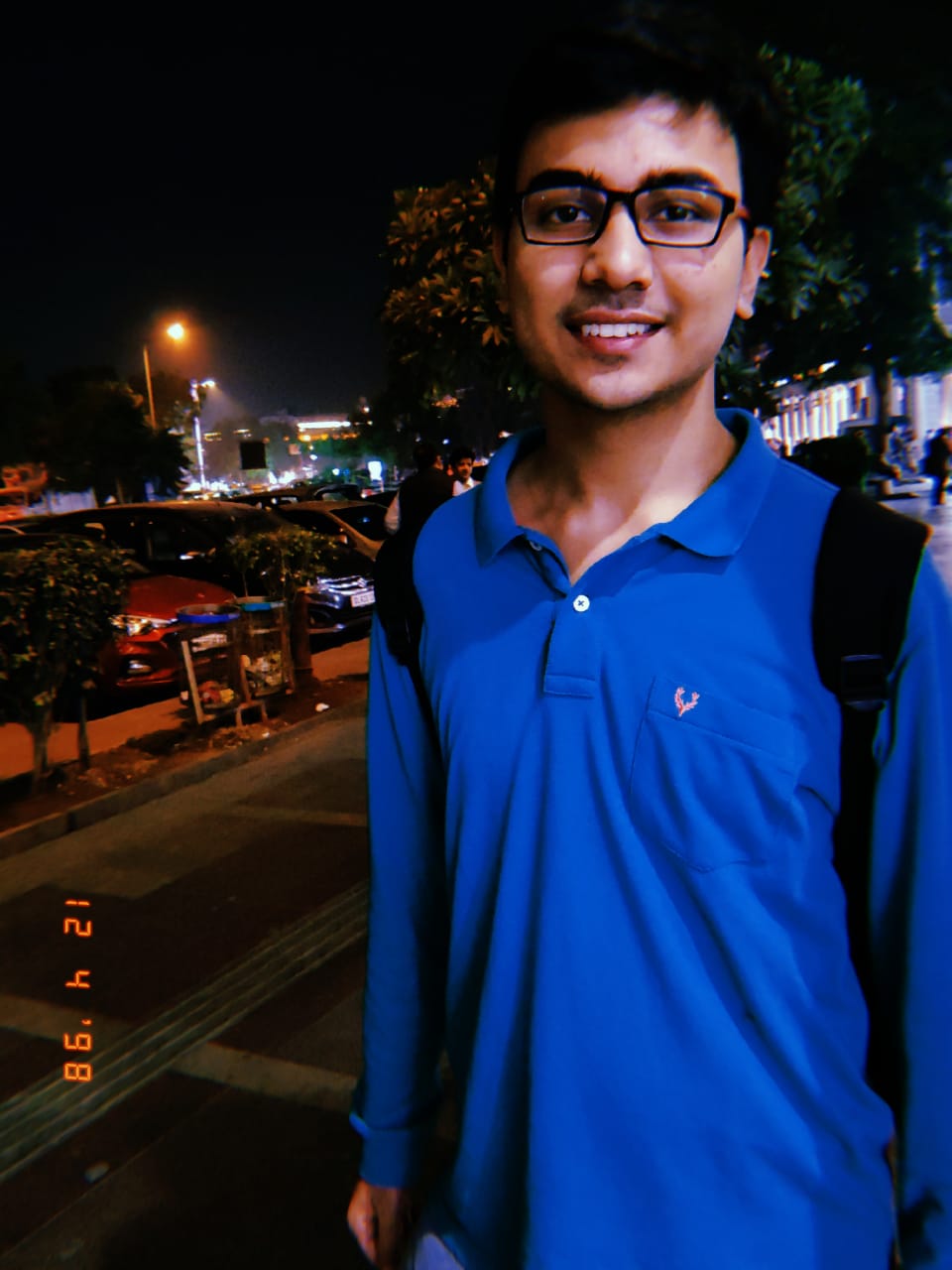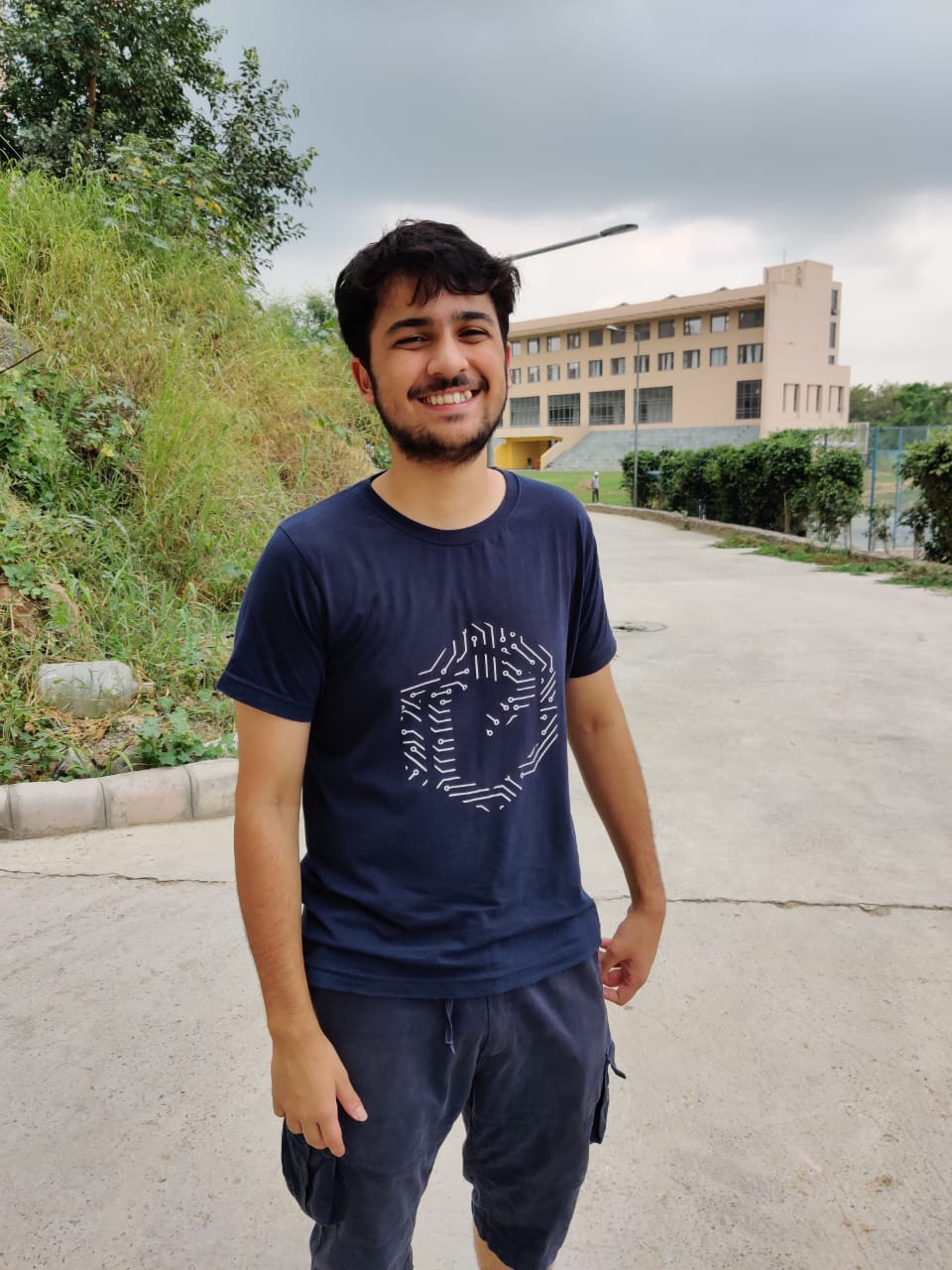Internship Project Title - Stories of Inclusion
Inclusion is Belonging
Empathy is an essential ingredient in our story of inclusion. True belonging comes from an open and vulnerable heart space.
Diary Entry 1
Self- isolation gives a lot of time to ruminate and observe things and people around. Coronavirus hit the world. I like that no one thought the whole world would plunge into the waves of reclusiveness. I am a reticent person and for me thoughts and words sound better when penned down. The globe is not only facing an economic and political crisis but a dearth of emotional stability too. Lockdown has been a personal journey, a journey from within. Emotional competence has been affected largely. Zoom calls and Google hangouts have illuminated us regarding the gravity of human connection.
Most of us are privileged enough to reside with our families, it has enlightened me how life completes a full circle when parents unconsciously demand for love and attention. I go out for a morning stroll with my mother, usually she recounts the bits and pieces of her dreams, she absolutely adores gardening and I often catch her talking to her plants and our dogs. We often play UNO around 11 am, my father regularly messes up the rules and we have to explain the game all over again.
The dewdrops that hang like trinkets of silver on the corner of the grass, the silhouette of the mountains in the night sky.
I have recently fathomed how little things like breathing, holding hands, embracing people, helping each other, or sharing the last piece of chocolate adds final touch to our individuality.
Apala Naithani
Apala Naithani, a student of Kamala Nehru College, doing internship with Reachout is pursuing History Honours currently. She loves to write and feels deeply rejuvenated by Indie Music.
She is documenting stories of inclusion in the present times, to find human connections that go beyond any labels of caste, class, religion, colour and borders.
Covid 19: A Defining Moment in our Story of Inclusion
“...the biggest enemy in this epidemic is not the virus, we can deal with the virus. The biggest enemy is the inner demons and our hatreds...they are all coming up....”
- Yuval Noah Harari
Corona Virus pandemic has brought the world on its knees. The rapid spread of the disease has put the whole of the humanity under a lockdown. Fear is reigning in every sphere of life. Social distancing being the only most effective way of curbing the spread of the virus, has left people isolated in their homes.
There is a deep impact on the mental health due to the loss of human connections, on people all across the globe.
The need to interact socially and to have diverse experiences is an undeniable factor to live an enriched life. However the lurking fear of the virus that kills ruthlessly, will perhaps see a world closing doors on its overseas guests, in times to come. In India, already the plight of the migrant workers and the communal discord has made the situation worse beyond comprehension. These stories of human trauma will come back to haunt us in the future.
This brings us to certain pertinent questions about how the world and India will define its story of Inclusion. This also makes us question the effect of accepting diversity wholeheartedly and building strong communities to see us through this unprecedented crises. It is time to cross the class, religious, caste, race, colour and all kinds of barriers to find ways to heal ourselves, our communities, our social fabric, our nation and our world.
It is a collective trauma and it is a collective responsibility to come together and redefine our ideas, beliefs and perceptions about each other, to find a way ahead. We have been presented with an opportunity to see through the dysfunctions that have kept us separate, for a long time. It is a perfect time to sieve what is important for us and what has kept our existence small, what are the issues which are more pressing and need our undivided attention; like human connections, climate change, healthcare, cooperation amongst people and nations, and building harmony.
- Understanding the importance of human interactions/inclusion in the society.
- Understanding psychological impact of isolation
- Understanding the importance of community bonds and inclusion in moving ahead to combat Covid-19.
- Understanding ‘global cooperation’, the way ahead to fight the pandemic.
Objectives
Nitin Gupta
“Every single action of the government as well as individuals can have far reaching effects on the lives of many people. Even a simple act of providing food to the needy and giving minimum wages to people working for us will surely have immediate effect in their lives.”
Yash Vats
"Getting the project approved from college was another challenge. This project deals with human behaviour and sensitive matters like social inclusion and discrimination. We as a society are quite ignorant concerning these things as they cannot be expressed in statistical reports. One cannot quantify human emotions, and that’s when it becomes our responsibility to increase awareness about human value, mental health and social involvement of every individual."
Ansh Kumar Sharma
“Learning in isolation has been a boon for some and a curse for others. Those who are privileged enough to be with their family and have adequate resources to working/learning from home are doing well in this lockdown. However, those who don’t have enough resources like laptops or those who are stuck in some remote places with poor internet connection are facing extreme difficulties in work."
Anunay Yadav
“Online platforms have bridged the gap well and even in isolation i am connected more with people than before, Learning has improved , but cannot say the same for people without internet because i think internet has played a major role in connecting everyone.
Learnt a lot of new things. this Period has overall increased my work limit per day ,sitting on a screen and working on a problem for 1-2 days with nothing else to focus on is just great.”
Naman Tyagi
In this project, I interviewed many people and some of them shared their problems and stories and how this crisis has affected them. While analysing the responses, I came to know that according to most people, this isolation is the best time to work upon themselves. They strongly feel that it is the best time for an individual to work on his/her personality.
Arka Sarkar
I understand that many people are facing problems during this pandemic, they are not able to concentrate on the task at hand. However my experience is different. I find that this lockdown has given me a lot of time to learn new things, since we are not going to the gym or to play, we have a lot of time at hand which enables me to concentrate on my studies and my career. I thought that most students might also feel the same but apparently it’s not.
Anuneet Anand
“The pandemic has strained the social fabric of our nation. It has exposed various vulnerabilities and incapabilities of our social system. There has been a continuous upsurge in the number of COVID-19 cases even after imposing lockdown. Many people have lost their jobs and there has been an economic downfall. The poor section of the society and daily wage workers are in a miserable condition. There is widespread resentment and fear among the people.”
Divyam Gupta
“Social constructs like racism can be broken down instantly if one understands the history of the community being discriminated against and letting go of long-standing biases against them. A careful observation of the Indian society reveals that we tend to be more servile as compared to Westerners. We can trace this phenomenon to the classroom setting, where the teacher-student relationship is essentially that of a master-pupil with the pupil being subjected to the orders of the master.”
Anshul Raj
“No matter how diverse/open we think we are , there are always things we don’t know about others, things which might be troubling them, things which they are afraid of talking about.”
Kinshuk Chopra
We love to take life for granted and this pandemic made us realise that life is the most unpredictable thing there is. We should start cherishing moments even more and understand the importance of every person in our life from daily workers to friends to families.
Himanshu Raj
The social gap increased because of this pandemic. The upper-class people are able to afford everything they need. While the lower-class people are opting to move to their hometown due to no support from the government and officials in this testing time. Many of them lost their lives walking tirelessly for thousands of kilometres on highways.
Vishwesh Kumar
Working on this project has helped me expand my view point regarding multiculturalism in India. A new side of things has been opened for me . I have become more perceptive of the daily challenges faced by people ,and hope to induce the same into others around me. Simple actions that matter. I have gone on a journey of coming across many perspectives.
Ish Dutt
The prevailing circumstances, under the conditions of the pandemic, has highlighted the systematic and structural form of oppression a large proportion of the Indian society has been subject to. Through this study, I have understood that the forms of discrimination and exclusion that have been prevalent throughout this period has not stemmed from the pandemic, rather it has been amplified by the pandemic. These aforementioned injustices have existed systematically in our society for centuries. The pandemic has provided us with an opportunity to take the a step against atrocities by accepting and acknowledging these forms of oppression and further develop solutions for the same.
Ahaan Bhatnagar
Learning and working in isolation has a largely negative impact on the lives of individuals. This is due to a number of reasons such as lack of social connectivity, the monotonous nature of work etc. This reminds us that humans are social beings and social interaction is essential for each and every individual. This stresses on the importance of the inclusion of all individuals, regardless of their age, sex, caste, race or religion.
Niyati Kothiyal
As such, I did not have any problems in implementing the project because the participants that I had chosen were very cooperative. I had no difficulty in getting the information that I wanted from them. The problems that I did face though, were from my own side. For starters, I had to take some time to gather the confidence to schedule and conduct the interviews, especially from people that I don’t often talk to. Secondly, I had a hard time motivating myself and getting myself to work, be it while researching or writing the end report. Managing my time was also something which gave me trouble. Another problem that I had in the end of the project was getting relevant pictures. Since I was in a village at the time, there was rarely anyone in sight taking any precautions. There were no signs of an ongoing pandemic, like wearing masks or gloves, the pictures of which would be relevant to the project.
Internship Project Title - Trace Your Family History
Family is the most important aspect of human life. It lays the foundation for a person’s cultural heritage. When we connect to our family history we are taking a journey into our past and backgrounds. We are trying to understand where we come from, what has shaped us into the people that we are today. It is an attempt to understand ourselves better in order to understand the world around us better. We need to gain clarity about what are the cultural aspects that affect us and our behaviour. Do they lend us any prejudices or belief systems or stereotypes that shape our reality towards other people. It is in short an inward journey that we commit to when we explore our family history.
Why trace the family history?
It helps us understand ourselves better, our values and beliefs that impact our behavior. At the same time when we see the world through the prism of our own beliefs, it can lead to projection. This means we expect the world to be the way we have learnt about it. Recording the family history is an effective tool to preserve and retain oral histories of families, people and events. Details which maybe nowhere accounted for, can be tapped into and retained.
Debraj Ghosh
The projects sets out to create awareness amongst the people about discrimination and how their
behaviour and perspective is affected by the surrounding they live in.
This is also an research project to explore the cultural heritage that we inherit form our families in
order to understand ourselves better. Those who work or live around people from other cultures
understand the importance of learning about the differences surrounding them. What is often neglected,
however, is the equal importance of knowing one's own culture, values and beliefs in order to relate
more effectively across cultural lines.
Pankil Kalra
The foremost objective of the project was to raise awareness about the negative generalisations we
tend to make around race and ethnicity and create stereotypes that leads to prejudices and
discrimination.
The project aimed to encourage people to research about their own cultures and find out how their own
differences affect how they view other people. We interviewed people from different backgrounds and
then tried to find out patterns in ways their cultures have influenced their lives.
Arjun Lakhera
Reachout Foundation carried out a project called The India Project: Say No To Discrimination, which aimed at sensitising its stakeholders in multicultural diversity. The project which I worked for was part of this, and it aimed at recording the oral history of various families. By tracing their family history, a person can understand themselves better, understand their values and beliefs inculcated through their culture and upbringing which in turn impacts their own behaviour. This also makes a person aware of their own biases and prejudices against other cultures because they are not similar to what they hold. This makes one introspect, which gives them a better understanding of multicultural diversity which can lead to understanding and finally, acceptance.
Internship Project Title - Acceptance of Multicultural Diversity
Discrimination, as its official definitions states, is the unjust or prejudicial treatment of different categories of people, especially on the grounds of race, age, or sex. Discrimination can come in all forms and can effect anyone, but it mostly targets racial minorities, black, brown and lgbtq+ communties and disabled people. In this case study, I will present the facts about discrimination and how people of different ethnicities face it.
Viha Sehgal
Viha Sehgal is a young girl studying in 9th grade in one of the schools in Stockholm. She has been
studying there for the last 6 years. She interned with Reachout and worked on a research project to
understand the acceptance of Multicultural Diversity in her school. It took her one and a half months
to collect the data and prepare the report.
Projects like these for senior students in the school are an effective tool for them to learn the
process of data collection, compiling a report, preparing case studies, critical thinking and
increasing awareness about diversity and discrimination.



